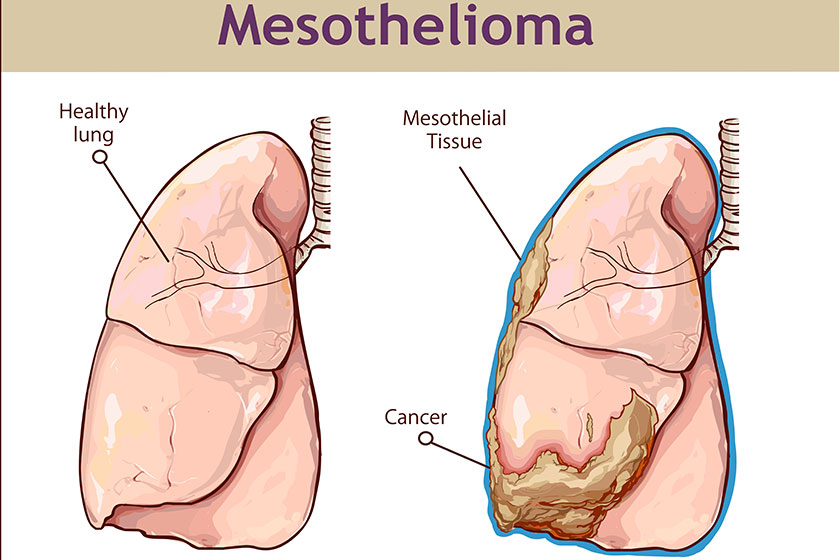Mesothelioma is a rare but aggressive form of cancer that primarily affects the lining of the lungs, abdomen, or heart. It is most commonly diagnosed in seniors, largely due to long-term exposure to harmful substances. Investigating the causes of mesothelioma in seniors helps us understand how this disease develops and highlights the risks associated with certain professions and materials. The most common cause is asbestos exposure, but other contributing factors play a role as well.
The Role of Asbestos Exposure
The primary cause of mesothelioma in seniors is prolonged asbestos exposure. Asbestos, once widely used in construction, shipbuilding, and manufacturing industries, consists of tiny fibers that, when inhaled, can settle in the lungs or abdominal cavity. Over time, these fibers can lead to inflammation, scarring, and eventually cancerous growths.
Many seniors diagnosed with mesothelioma were exposed to asbestos decades ago, often during their working years. Because the latency period for mesothelioma can span 20 to 50 years, symptoms often appear long after the initial exposure. Professions such as construction, mining, and shipbuilding are particularly associated with high risks of asbestos exposure, putting older adults from these industries at a greater likelihood of developing the disease.
Secondary Asbestos Exposure
While direct asbestos exposure is the most common cause, secondary exposure also plays a significant role. Family members of individuals who worked with asbestos may have been exposed to asbestos fibers brought home on clothing, skin, or hair. This type of exposure can still lead to mesothelioma, even though the contact may have been less frequent.
Secondary asbestos exposure is especially relevant for women, as many were exposed through family members who worked in industries with high asbestos use. Although this exposure may seem less severe than direct contact, it still poses a significant health risk over time.
Other Contributing Factors
Although asbestos is the leading cause of mesothelioma, other factors can increase the likelihood of developing the disease. Smoking, for instance, does not directly cause mesothelioma but can exacerbate lung damage in individuals exposed to asbestos, further increasing the risk.
Genetic factors may also play a role. Some studies suggest that individuals with a family history of cancer, particularly those with mutations in certain genes, may have a heightened vulnerability to asbestos-related diseases. While these genetic links are less understood, they are another avenue researchers continue to explore.
Environmental factors, such as living near asbestos mines or facilities that use asbestos, can also contribute to the development of mesothelioma. Seniors who lived in areas with high asbestos concentrations in the air or soil face increased risks, even if they were not directly involved in handling asbestos materials.
Personalized Assisted Living for Seniors Facing Health Challenges in North Port, FL
The primary causes of mesothelioma in seniors revolve around asbestos exposure, whether through direct contact in certain occupations or secondary exposure at home. Recognizing these risks is crucial for early detection and better health outcomes.
At our assisted living community in North Port, FL, we are dedicated to supporting seniors facing serious health challenges, including those affected by conditions like mesothelioma. We provide personalized care in a safe, compassionate environment, ensuring your loved one receives the attention they need.
Our community offers a range of services, from daily assistance to specialized healthcare support, all designed to improve quality of life. If you or a loved one is dealing with mesothelioma or other health issues, contact us today to explore how our professional care can make a difference.







